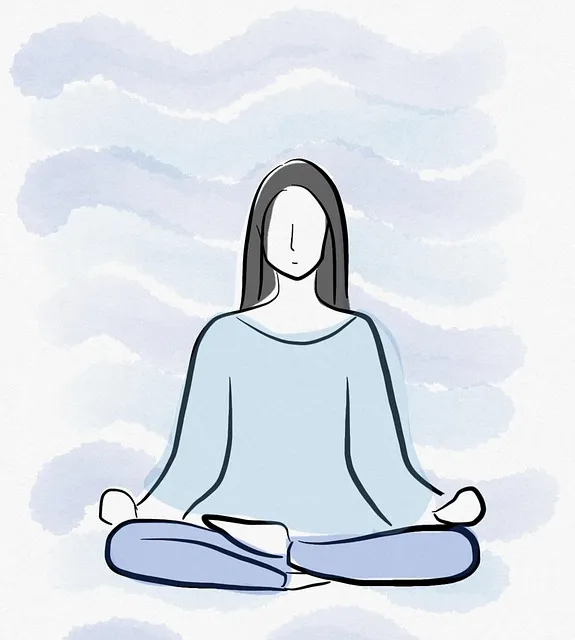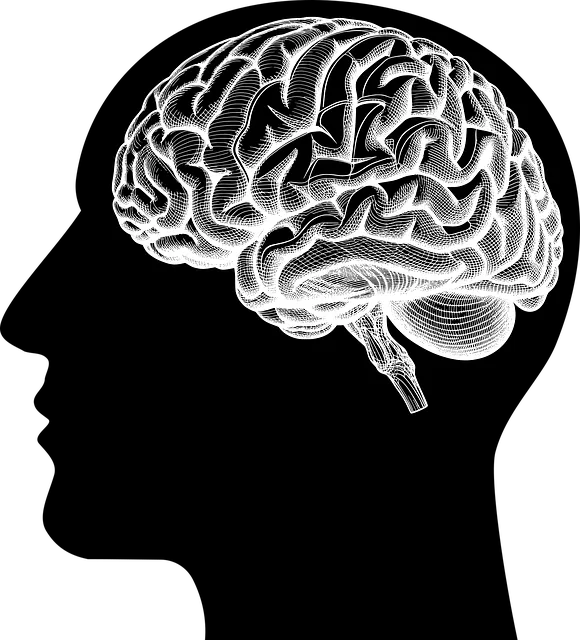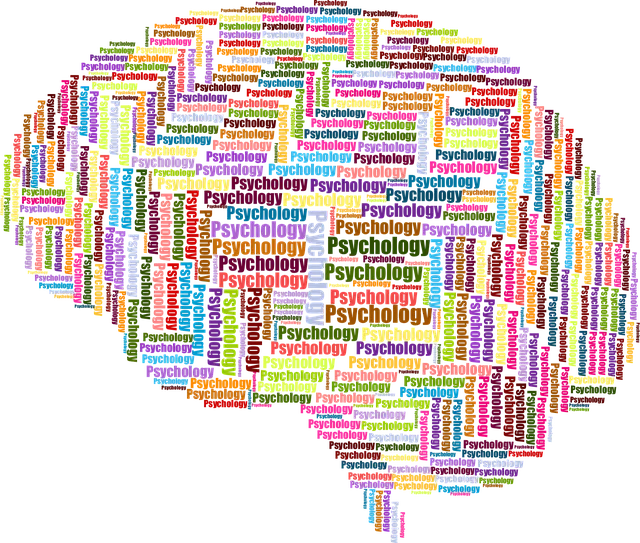The Aurora Kaiser Permanente mental health center has garnered positive Aurora Kaiser Permanente mental health center reviews by implementing a unique approach called Resilience Building (RB), focusing on Resilience, Flexibility, and Mastery (RFM). This strategy complements traditional therapy, empowering individuals to cope with life's challenges. RB exercises improve patient outcomes and enhance emotional well-being, especially relevant in today's stressful world. The center's reviews highlight successful patient care, cultural competency training for staff, and a holistic environment promoting mental health. Additionally, Resilience Building Exercises (RBE) fortify healthcare professionals' mental health, preventing burnout through positive thinking and wellness coaching. Despite implementation challenges, RBE offers valuable tools for improving resilience and stress management, as reflected in the center's reviews. Measuring success through evaluations ensures refined exercises and maximal benefits for patients.
“Resilience is a powerful tool in navigating life’s challenges, especially for those seeking mental wellness. This article explores the implementation of RFM (Resilience, Flexibility, and Mastery) and its potential impact on patient outcomes, drawing insights from the innovative practices at the Aurora Kaiser Permanente mental health center. We delve into how Resilience Building Exercises (RBE) can be a game-changer in therapy, offering a structured approach to enhance coping skills. By examining real-world examples, this guide provides valuable insights for healthcare professionals aiming to improve patient resilience.”
- Understanding RFM and Its Role in Mental Health Care
- The Aurora Kaiser Permanente Model: A Case Study
- Implementing Resilience Building Exercises (RBE)
- Benefits and Challenges of RBE Programs
- Measuring Success: Evaluating the Impact on Patient Outcomes
Understanding RFM and Its Role in Mental Health Care

At the Aurora Kaiser Permanente mental health center, reviews highlight the increasing demand for innovative approaches to patient care, particularly in fostering resilience and emotional well-being. Here, Resilience Building (RB) emerges as a strategic tool to enhance traditional therapy methods. By integrating RB exercises into treatment plans, healthcare providers can empower individuals to navigate life’s challenges with greater agility and strength. This approach is especially pertinent in today’s fast-paced world, where stress and mental health concerns are on the rise.
Understanding RFM (Resilience, Flexibility, and Mastery) as a framework allows mental health professionals to address key components of well-being. Resilience Building strategies teach individuals to adapt and bounce back from setbacks, fostering a sense of control and empowerment. Moreover, these empathy-building exercises contribute to cultural competency training for healthcare providers, enabling them to offer more personalized and effective care, as evidenced by numerous positive Aurora Kaiser Permanente mental health center reviews.
The Aurora Kaiser Permanente Model: A Case Study

The Aurora Kaiser Permanente mental health center has emerged as a beacon of hope and resilience through its innovative approach to patient care and wellness promotion. This leading healthcare facility in the region has implemented the RFM (Resilience, Flexibility, and Mastery) model, focusing on building coping skills development among its patients. The program’s success is evident from numerous positive Aurora Kaiser Permanente mental health center reviews, highlighting improved patient outcomes and enhanced resilience.
By integrating public awareness campaigns development and trauma support services, the center has created a holistic environment that nurtures mental well-being. The RFM model encourages individuals to develop flexibility in their thinking and actions, fostering an ability to adapt and thrive despite challenges. Through various exercises and interventions, patients are empowered to take charge of their mental health, leading to lasting positive changes. This case study serves as a powerful example of how comprehensive resilience building can transform lives, setting a new standard for mental healthcare in the community.
Implementing Resilience Building Exercises (RBE)

Implementing Resilience Building Exercises (RBE) is a strategic approach to enhancing mental health and preventing burnout among healthcare providers, as highlighted in Aurora Kaiser Permanente mental health center reviews. These exercises are designed to help professionals cultivate coping mechanisms, improve stress management, and foster a positive mindset—all essential components for maintaining optimal mental wellness. By integrating RBE into their routine, healthcare workers can develop resilience, enabling them to navigate challenging situations with greater ease.
The incorporation of Burnout Prevention Strategies for Healthcare Providers through Positive Thinking and Mental Wellness Coaching Programs Development is proving to be a game-changer. These programs offer structured activities that encourage participants to reflect on their emotions, practice mindfulness, and engage in physical exercise—all contributing to improved overall mental health. The benefits extend beyond individual wellness; a happier, more resilient healthcare workforce translates into better patient care and a more positive work environment.
Benefits and Challenges of RBE Programs

Resilience Building Exercises (RBE) programs offer a plethora of benefits for individuals seeking to enhance their mental wellness and overall resilience. These structured interventions, often integrated into therapy sessions at facilities like the Aurora Kaiser Permanente mental health center, aim to equip participants with effective coping strategies. Through various exercises focusing on self-awareness, emotional regulation, and conflict resolution techniques, RBE programs empower individuals to navigate life’s challenges more adaptively. They foster a sense of control, improve stress management, and enhance overall psychological flexibility.
Despite their advantages, implementing RBE programs comes with unique challenges. Designing effective exercises tailored to diverse populations requires careful consideration. Additionally, ensuring participant engagement and commitment can be difficult, as some may face barriers such as skepticism or resistance towards mental health initiatives. Moreover, measuring the impact of these programs accurately demands robust evaluation methods to assess improvements in mental wellness and resilience over time.
Measuring Success: Evaluating the Impact on Patient Outcomes

Measuring success is a critical aspect of implementing RFM (Resilience and Mental Fitness) programs in healthcare settings, particularly at centers like Aurora Kaiser Permanente mental health center, as it ensures that efforts are making a tangible impact on patient outcomes. Evaluating the effectiveness of these exercises involves assessing improvements in patients’ emotional intelligence, conflict resolution abilities, and overall resilience. By incorporating practices such as compassion cultivation, healthcare professionals can gauge changes in patients’ emotional responses, stress management skills, and interpersonal interactions.
Positive changes might manifest as enhanced emotional regulation, improved coping strategies, better conflict resolution techniques, and increased compassionate behavior towards oneself and others. Aurora Kaiser Permanente mental health center reviews could reflect these transformations, highlighting the program’s success in fostering resilience and positively influencing patient journeys. This evaluation process is crucial for refining the RFM exercises, ensuring their continued relevance, and maximizing benefits for patients.
The implementation of RFM and Resilience Building Exercises (RBE) in mental healthcare, as exemplified by the Aurora Kaiser Permanente model, presents a promising approach to enhancing patient outcomes. By integrating these strategies, mental health centers like Aurora KP can foster resilience, improve coping mechanisms, and ultimately provide more comprehensive care. While challenges exist, such as resource allocation and individualization, the benefits of RBE programs are evident in numerous studies, including those focusing on patient satisfaction and improved mental well-being. As the field progresses, further research and collaboration between healthcare providers and patients will be key to optimizing these practices, ensuring that services remain accessible and effective for all, as evidenced by the positive Aurora Kaiser Permanente mental health center reviews.






